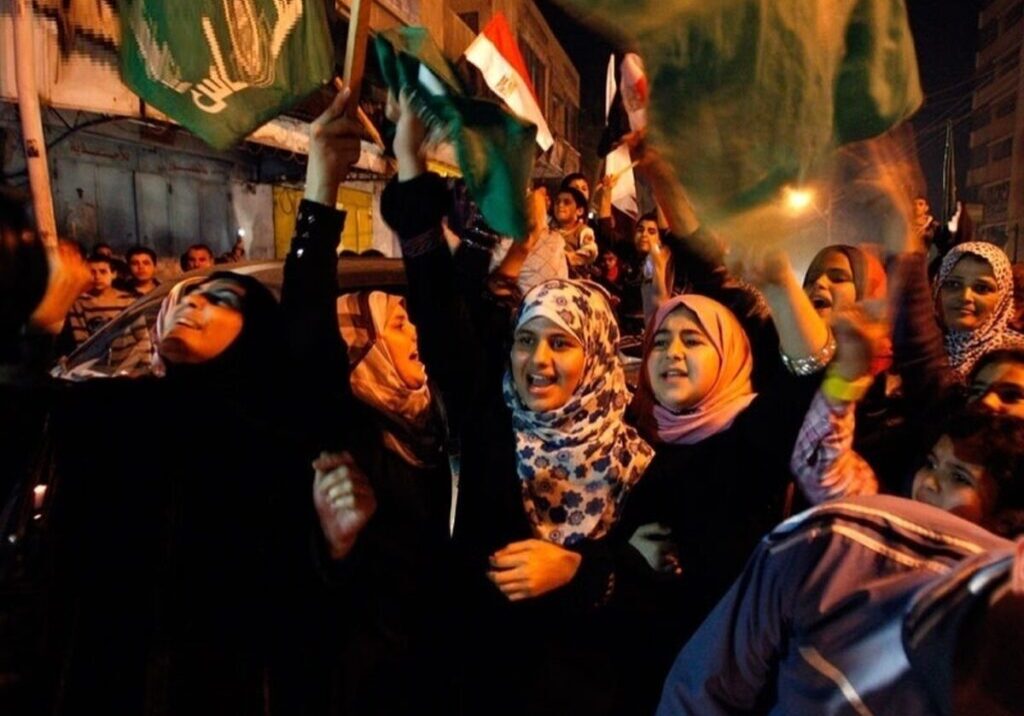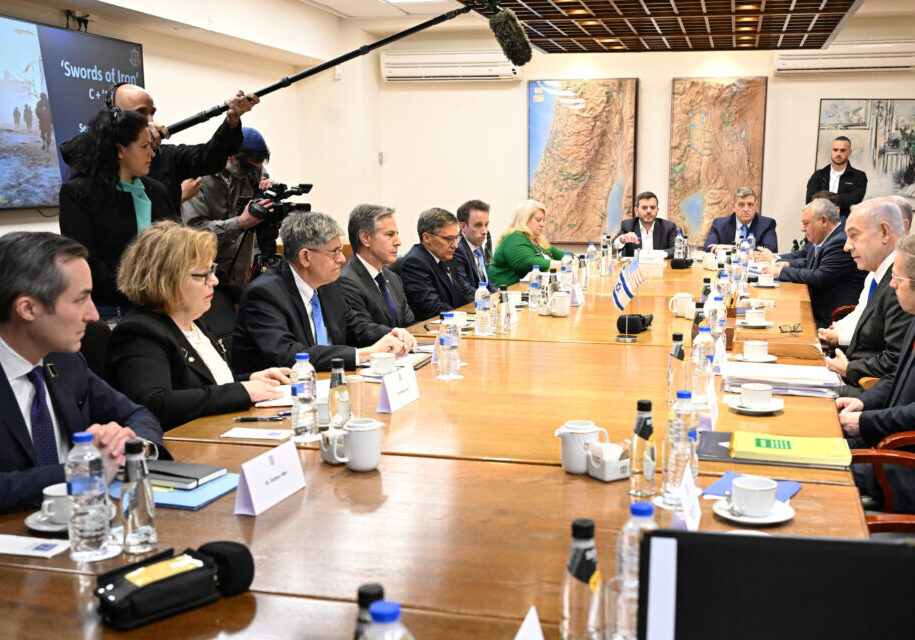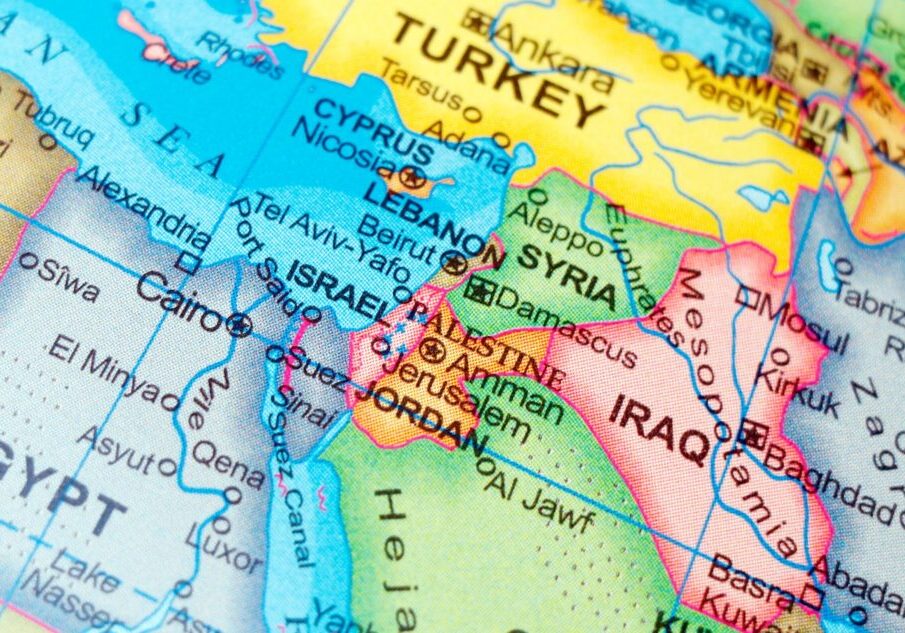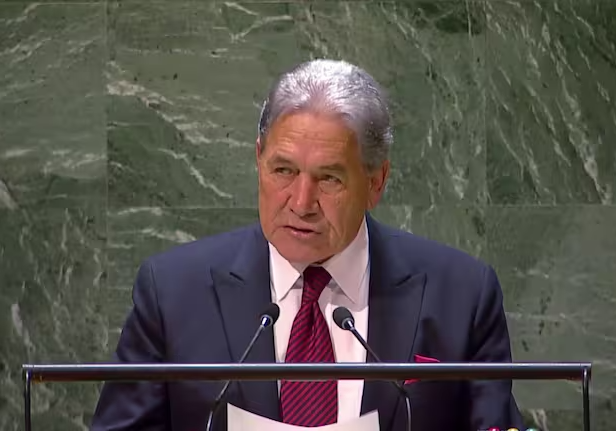Australia/Israel Review
Editorial: No Room For Complacency
Sep 26, 2008 | Colin Rubenstein
Last month marked the seventh anniversary of the 9/11 terrorist attacks in the United States, while this month marks the sixth anniversary of the first Bali bombing, which killed 202 people including 88 Australians. Last month also saw the convictions in a Victorian court of Abdul Nacer Benbrika and six others for being members of a terrorist cell that was plotting terrorist attacks here at home. With these events in mind, it is timely to assess Australia’s counter-terrorism measures and where we are in the so-called “war on terror” – both our successes and the challenges and threats that still remain.
The crucial starting point is that Australia, the West and certainly much of the Muslim world are engaged in a long-term struggle against radical Islamists and their ideology. The “war on terror” is thus a misnomer to the extent it implies a fight merely against a specific, particularly immoral, tactic – namely terrorism. It also is a misnomer to the extent it implies a military-only solution. In reality, the war against radical Islamists is much closer to the Cold War than it is to World War I, demanding the simultaneous employment of military, intelligence, law enforcement and public diplomacy as policy instruments.
Importantly, there have been significant successes. Perhaps most remarkably, there has not been a successful attack on the US homeland since 9/11, nor has there been one in Australia. Militarily, US and coalition forces, including Australia, overthrew the Taliban and are denying al-Qaeda a safe-haven in Afghanistan while maintaining pressure on both Taliban and al-Qaeda leaders. Coalition forces have also made impressive strides recently in Iraq.
Through implementation of the surge strategy, a situation that was considered hopeless as recently as 2006 has now turned around, and a democratic and stable Iraq allied with the West is a real – if still fragile – possibility. The surge has also dealt al-Qaeda a huge blow and, combined with the network’s barbaric excesses, succeeded in marginalising the terrorist group throughout the Islamic world.
In Israel, targeted military measures and the building of the security fence brought the intolerable violence of the second intifada nearly to a halt, providing valuable lessons in counter-terrorism (see pp. 24-25). As these successes demonstrate, victories over Islamist terrorist groups are in fact possible when the proper strategies are adopted – including proactively taking the fight to the enemy and holding state sponsors of terrorism accountable for their terrorist proxies.
Colin Rubenstein
Of course, military means alone are not the answer, and virtually no one argues that they are – this is simply a convenient straw man for critics of robust counter-terrorism efforts.
As reported in this issue of AIR (p. 17-19), Indonesia is a compelling example of the positive use of other tools – diplomatic, law enforcement, and intelligence. Following the Bali bombing in 2002, the Indonesian government, with input from both Australia and the US, began transforming its approach to the Islamist groups within Indonesia. Although there are steps that Indonesia has yet to take – like finally proscribing Jemaah Islamiah – clear strides in the right direction have definitely been made and the results certainly can be considered a success story.
But the reduced feeling of threat is not a reason to become complacent about terrorism. As the Benbrika case demonstrates, the threat of large-scale terrorist attacks here in Australia remains very real.
The trial demonstrated the effective role of law enforcement in addressing the threat. The authorities were able to use tools provided by new counter-terrorism laws enacted after 9/11 and Bali to monitor the suspects and gather mountains of evidence against them. The fact that seven defendants were convicted while four were acquitted shows that the system is working both well and fairly.
But it also points to the perils of those who advocate for a law enforcement-only model. The point of counter-terror measures is to prevent terrorist attacks from occurring in the first place, not just to punish the perpetrators after the fact. Not only does this save lives, but attempting to deter terrorism through threatened post-event criminal prosecution and punishment is totally ineffective against those whose ideology calls for the pursuit of martyrdom as an ideal.
Preventing terrorism requires surveillance of suspects before they act and intelligence attained primarily through the interrogation of key terrorist operatives. But the effectiveness of such measures is undermined by those who leave no room in the justice system for keeping some methods of evidence gathering secret; insist virtually all effective interrogation should be considered “torture”; and maintain that no defendant should be prosecuted unless and until a bomb goes off.
Equally disconcerting is the failure of some of Australia’s prominent academic centres to play a more constructive role in developing policy options and empirical data for coping with terrorism. Too many academics and institutions are caught up in unhelpful academic trends, including, in some cases, a blinkered excessive focus on one tactic – for instance, so-called “community policing” – and in others, ideological parlour games like “critical terrorism studies”, whereby post-modernist “deconstruction” techniques are used to reach a virtually pre-ordained conclusion that government counter-terrorism policies are immoral.
Draining the swamp of the ideology that drives radical Islamist terrorism will be a long fight, and it will not end with a formal surrender. But, just like the Cold War, it is a fight that can be won if we do not allow complacency sparked by our own successes to dent our determination to continue until overwhelmingly positive results are assured.
Tags: Australasia, Indonesia






